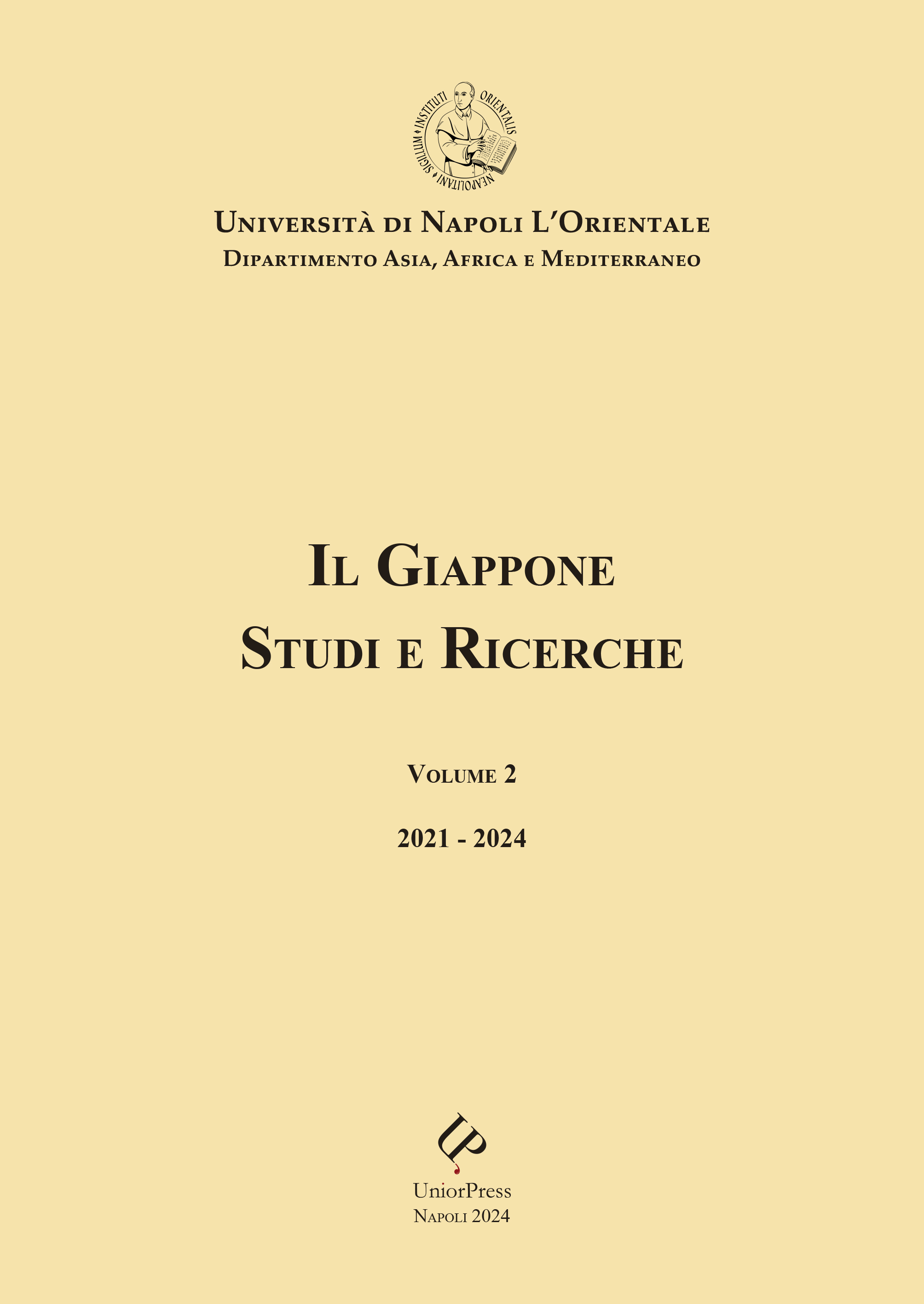KOTODAMA AND KIMIGAYO: THE ‘SPIRIT OF LANGUAGE’ MYTH AND JAPAN’S NATIONAL ANTHEM
DOI:
https://doi.org/10.6093/2724-4369Abstract
Questo articolo discute il rapporto tra il kotodama, il mito dello “spirito della lingua”, e la controversia sull'inno nazionale in Giappone da un punto di vista sociolinguistico. Dalla fine della Seconda guerra mondiale, l'inno nazionale giapponese, Kimigayo (Regno di Sua Maestà Imperiale), ha suscitato sentite controversie all'interno della coscienza nazionale. Coloro che apprezzano la canzone sostengono che si tratta di un inno nazionale tradizionale cantato fin dal XIX secolo con un testo basato su un waka classica scritta nel X secolo. Coloro che la criticano considerano il testo imperialista e associano la canzone alle connotazioni negative della guerra. Sebbene sia chiaro che l'opposizione si basa principalmente su un'interpretazione politica del testo, questo articolo fa luce sul ruolo del kotodama, il mito giapponese dello spirito del linguaggio, e sul suo possibile legame con l'intensità non comune della controversia. L'idea principale alla base del mito del kotodama è che le parole, pronunciate in un certo modo, abbiano un impatto sulla realtà grazie al potere divino. Sulla base di questa premessa, il mito del kotodama è stato reinterpretato e incorporato nei discorsi sociali e politici giapponesi nel corso della storia. Discutendo la natura degli inni nazionali e il ruolo discorsivo dell'antico mito, questo articolo fornisce un'osservazione originale e una nuova visione delle controversie sull'inno nazionale in Giappone.


